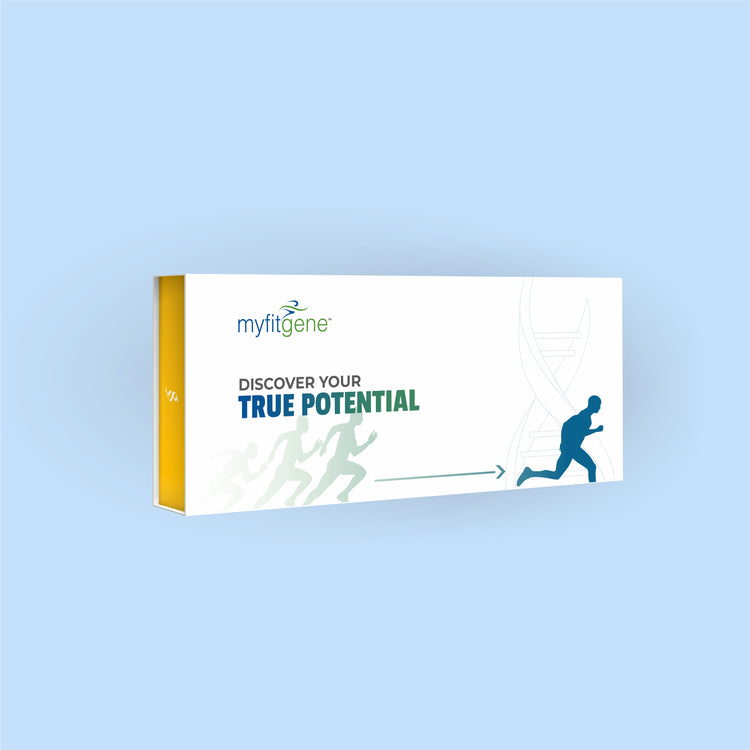Nutri-Genomics : A Guide to Genes and Diet
Oct 12, 2016
30351 Views
Nutri-Genomics: When nutrition meets genetics –
Hey! It’s personal
The recent surge in technology and pollution, has invariably pushed us towards a healthier lifestyle. One may not have the luxury of time today; hence we need..nay, DEMAND rigorous methods and require immediate solutions! The diet we have, the exercise we perform must show results. The accuracy and efficacy of both these tasks can only be assured with an in-depth understanding of the individual itself. The genetic makeup/ genetic response towards vitamins/nutrients is of immense help in this aspect – thus, the advent of a new field of study.
Nutrigenomics combines the study of nutrition and genetics to discover the different ways people respond to food based on their genetic make-up. It looks at the interplay between our dietary and lifestyle behavior and how that interacts with our genome in terms of regulating genes that are important in the control of metabolism, development and overall wellness.
“In a sense, our lifestyles teach our genes how to behave. In choosing between healthy or unhealthy foods and habits, we are programming our genes for either good or bad conduct. Scientists are identifying numerous techniques by which two sets of identical DNA can be coerced into functioning dissimilarly.”
― Catherine Shanahan, Deep Nutrition: Why Your Genes Need Traditional Food
Let’s look at a few examples. The interplay between nutrition advice and their relative genetic components is truly fascinating!

NUTRITION ADVICE : Small frequent meals are essential as they cause smaller surges in insulin; which allow fat the to burn and prevent its storage. They help deliver smaller quantities of sugar, avoiding the overwhelming of critical organs’ (liver and muscles) storage capacity. This also keeps the nasty hunger monster at bay – prevents wrong and binge eating!
GENETIC COMPONENT : Genes are responsible for biological functions which regulate response-to-diet, appetite, eating behaviour, satiety levels, nutrient conversion and metabolism.
The dynamic relationship between the two “eating-related hormones” – leptin and ghrelin, is also affected by genetic architecture!

NUTRITION ADVICE : Vitamin (A, B6,B9, B12 and C) are vital nutrients for well-being and fitness. For example, Vitamin C is the most established traditional antioxidant. It’s multiple health benefits include – increasing insulin sensitivity, reduces cardiovascular risks, helps with sugar control, wound healing, iron absorption and several other essential body functions! Vitamin D is more of a hormone! It helps absorb calcium, builds strong bones and teeth, boosts immunity, reduces inflammation, suppresses appetite and prevents obesity among other notable tasks!
GENETIC COMPONENT : There are genes (BCMO, MTHFR etc) that study the risk of Vitamin Deficiency. One look at how valuable it is for you – and you could get yourself a supplement of increase its intake in food on a daily basis. This information lasts you for a lifetime!

NUTRITION ADVICE : Dietary fats are easily stored as body fat. Women have more of a natural tendency to store fat – due to their female hormone estrogen and events like menopause.. Thus, the bulging hips and thighs. Men, on the other hand store fat around their abdominal region. A sign of ill-health – as proper diet and exercise can burn this easily. Plus, the male biology (esp testosterone) helps burn fat and build muscle better, when compared to their female counterparts.
GENETIC COMPONENT : Genes like ADIPOQ (adiponectin), PPARG monitors the calorific energy-expenditure balance. The PPARG gene regulates the accumulation/storage of fats obtained from one’s diet (sensitivity to dietary fat).

NUTRITION ADVICE : An important part of staying fit is the maintenance of Antioxidant levels in the body. Stress, overexertion and pollution increase the free radical production in the body, which demands a higher amount of antioxidants in the system.
GENETIC COMPONENT : The SOD2 gene participates in the neutralization of free radicals (“DETOX”-ification) and has been studied for its role in cell repair/rebuild, skin profile, ageing, immunity and cancer risk.
Studying the examples provided above, one can understand the gold mine of information that can be provided to an individual by genetic testing. You could #KnowYourself, learn more about your body and help your nutritionist/dietician plan a better and more effective diet for you. One field of knowledge always complements another! Similarly, our genetic database unlock secrets that help the rest of the body to stay at it’s fittest, healthiest and happiest best!
“In effect, DNA seems capable of collecting information—through the language of food—about changing conditions in the outside world, enacting alteration based on that information, and documenting both the collected data and its response for the benefit of subsequent generations.”
― Catherine Shanahan, Deep Nutrition: Why Your Genes Need Traditional Food.
Mapmygenome offers personalised genetic testing with nutritional counseling. A wholesome package for the ultimate consumer. We understand the smallest of your worries and have planned our products accordingly!
Worried about Diabetes? – get a Sugargene!
Want to know about all your health risks in one go? – Get a Genomepatri!
Have a heart/cancer health history in the family ? – Get a Genomepatri Cardio/Onco!
Genetic and Nutritional Counseling available for your personalised health routine!

